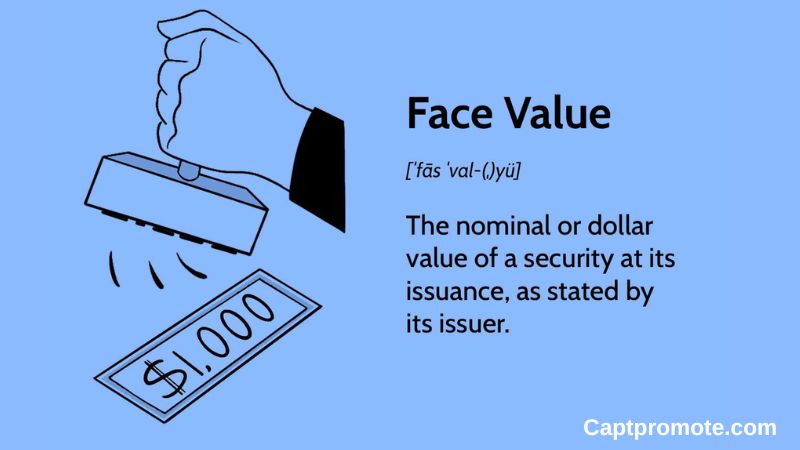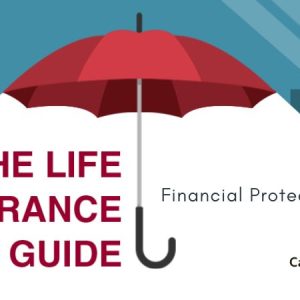Life insurance serves as a crucial financial tool, providing protection and peace of mind to individuals and their loved ones. However, navigating the realm of life insurance can be daunting, especially with the myriad of terms and concepts involved. To shed light on this topic, let’s delve into Captpromote the essential life insurance terminology you need to know to make informed decisions about your coverage.
Life Insurance Terminology
- Policyholder:At the heart of every life insurance policy is the policyholder. This individual initiates the contract with the insurance company, making premium payments to maintain coverage.

- Insured: The insured is the person whose life is covered by the insurance policy. This could be the policyholder themselves or another individual designated by the policyholder.
- Beneficiary: One of the most critical terms in life insurance, the beneficiary is the person or entity designated to receive the death benefit when the insured passes away. This can include family members, spouses, children, or even charitable organizations.
- Death Benefit: The lifeblood of life insurance, the death benefit is the sum of money paid out by the insurance company to the beneficiary upon the death of the insured. It provides financial support to the beneficiary during a difficult time, helping cover expenses and maintain their quality of life.
- Premium: Life insurance coverage comes at a cost, known as the premium. This is the regular payment made by the policyholder to the insurance company to keep the policy in force. Premium amounts can vary based on factors such as age, health, coverage amount, and type of policy.
- Policy Term: Life insurance terminology have a defined duration, known as the policy term. This can range from a few years to several decades, depending on the type of policy chosen. Understanding the policy term is essential for planning and ensuring that coverage meets your needs.
- Cash Value: Certain types of life insurance, such as whole life or universal life, accumulate cash value over time. This represents a portion of the premium payments that can be accessed by the policyholder during the insured’s lifetime. Cash value adds flexibility and can serve as a financial asset for the policyholder.
- Face Value: Also referred to as the death benefit amount, the face value is the total amount of money that the policy will pay out upon the death of the insured. It’s crucial to determine an appropriate face value to ensure that your loved ones are adequately protected financially.

- Rider: Life insurance policies often come with optional add-ons called riders. These riders provide additional benefits or customize the policy to better suit the policyholder’s needs. Common riders include accidental death benefit riders, waiver of premium riders, or accelerated death benefit riders.
- Underwriting: Before issuing a life insurance policy, insurance companies assess the risk associated with insuring an individual through a process known as underwriting. This involves evaluating factors such as age, health history, occupation, and lifestyle habits to determine the appropriate premium rate and coverage amount.
- Term Life Insurance: Life insurance coverage that provides protection for a specific period, such as 10, 20, or 30 years, is known as term life insurance. It offers straightforward coverage for a set duration, making it a popular choice for individuals seeking affordable protection for a specific period.
- Whole Life Insurance: Offering lifelong coverage, whole life insurance is a type of permanent life insurance that remains in force for the entire lifetime of the insured, as long as premiums are paid. In addition to the death benefit, whole life insurance policies also accumulate cash value over time.
- Universal Life Insurance: Universal life insurance is another form of permanent life insurance that offers flexibility in premium payments and death benefits. Policyholders can adjust premium amounts and coverage levels over time, making it adaptable to changing financial needs.

- Variable Life Insurance: Unlike traditional life insurance policies, variable life insurance allows policyholders to allocate a portion of their premiums to various investment options. The cash value of the policy can fluctuate based on the performance of these investments, offering the potential for higher returns but also greater risk.
- Term Conversion: Some life insurance terminology policies include a provision known as term conversion, which allows the policyholder to convert the policy into a permanent life insurance policy without the need for a medical exam. This provides flexibility for individuals who may want to extend their coverage beyond the initial term.
Final Thought
Life insurance terminology forms the foundation of understanding and navigating the complexities of life insurance policies. By familiarizing yourself with these key terms, you can make informed decisions about your coverage, ensuring that you and your loved ones are adequately protected financially. Whether you’re considering term life, whole life, or universal life insurance, having a solid grasp of the terminology will empower you to choose the right policy for your needs and circumstances.





